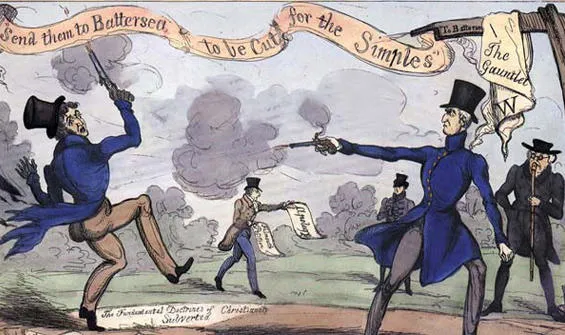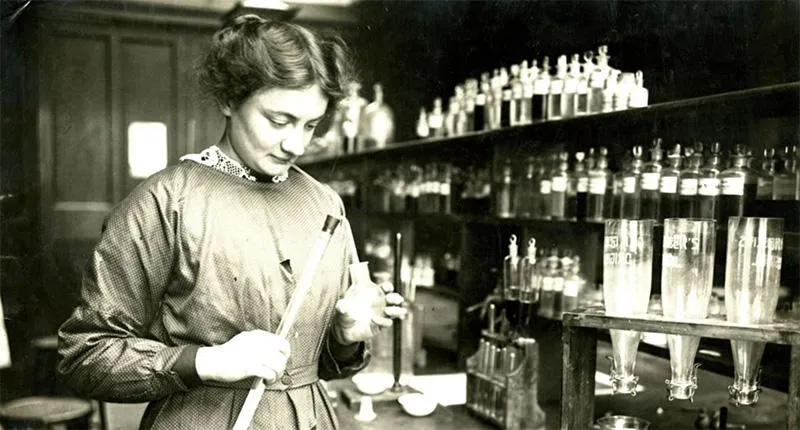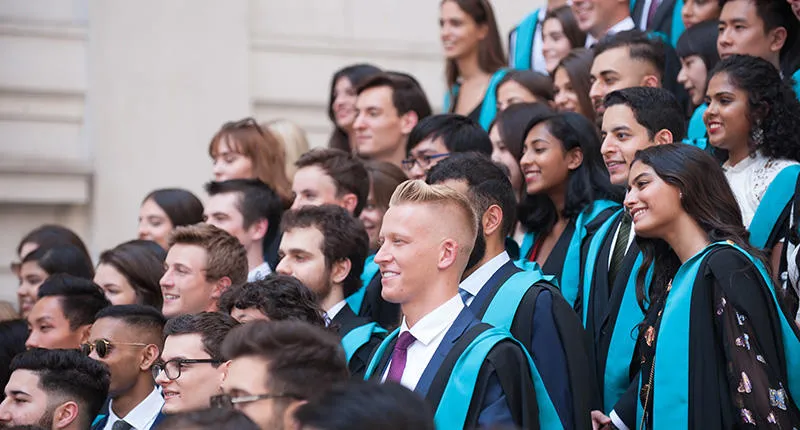Professional & support services
Explore King's professional & support services.
Founded within the tradition of the Church of England by the Duke of Wellington and King George IV, who granted our royal charter in 1829, King's has a proud history of inspiring and supporting those who seek to solve the world's most pressing problems.
From research that led to the discovery of the structure of DNA and informing air pollution awareness and policy to developing life-changing therapies and making maths education available to underrepresented groups – these are some of the ways that we continue to have a transformational impact on society.
We have a long and distinguished international reputation in the humanities, law, science, psychiatry, medicine, dentistry, nursing, and the social sciences.
Fourteen people from King’s and its associated institutions have been awarded the Nobel Prize, including Archbishop Emeritus Desmond Tutu for his role in South Africa’s anti-apartheid campaign, and Professor Michael Levitt for his joint work in developing multiscale models for complex chemical systems.
Notable alumni include British sprinter and world-record holder Dina Asher-Smith, biophysicist Dr. Rosalind Franklin, famous for her work in X-ray spectroscopy, and acclaimed children’s writer Sir Michael Morpurgo.
The Duke of Wellington, victor of the Battle of Waterloo and Prime Minister, chaired the public meeting that launched King's on 21 June 1828. Early in 1829 the Earl of Winchilsea publicly challenged Wellington about his simultaneous support for the Anglican King's College and the Roman Catholic Relief Act. The result was a duel in Battersea Fields on 21 March. Shots were fired but no-one was hurt.


When the University of London was established in 1836, King’s became one of its two founding colleges. Over time, it has grown and developed through many mergers, including those with Chelsea and Queen Elizabeth Colleges in 1985, with the Institute of Psychiatry in 1997 and with the United Medical and Dental Schools of Guy’s and St Thomas’ Hospitals in 1998. These mergers brought institutions with their own distinguished reputations and traditions. The Institute of Psychiatry, Psychology & Neuroscience is closely associated with the South London and Maudsley NHS Trust, which includes the famous Bethlem Hospital dating from the 13th century. Medicine has been formally taught at St Thomas’ Hospital since the 16th century and at Guy’s since the early 18th century. The Florence Nightingale Faculty of Nursing, Midwifery & Palliative Care descends directly from the world’s first professional school of nursing, founded by Florence Nightingale in 1860. King’s has enjoyed financial and academic autonomy since 1994, while remaining part of the University of London. Since 2008, it has awarded its own degrees.
King’s vision is to make the world a better place and today, we seek to define the university of the future. Many academics are researchers working within and influencing their industries, giving students access to the latest thinking within a contemporary context. Our four Thames-side campuses in central London, and at Denmark Hill, place us at the centre of leading global conversations in policy, government, law, culture, religion, business and medicine. But we’re also truly part of the boroughs we live in. We use our expertise to identify challenges affecting our communities and collaborate with them to address local issues, examples that can then be used across the UK and throughout the world.

Explore King's professional & support services.
Bold ambitions for the future of King’s
Read about King's partnerships